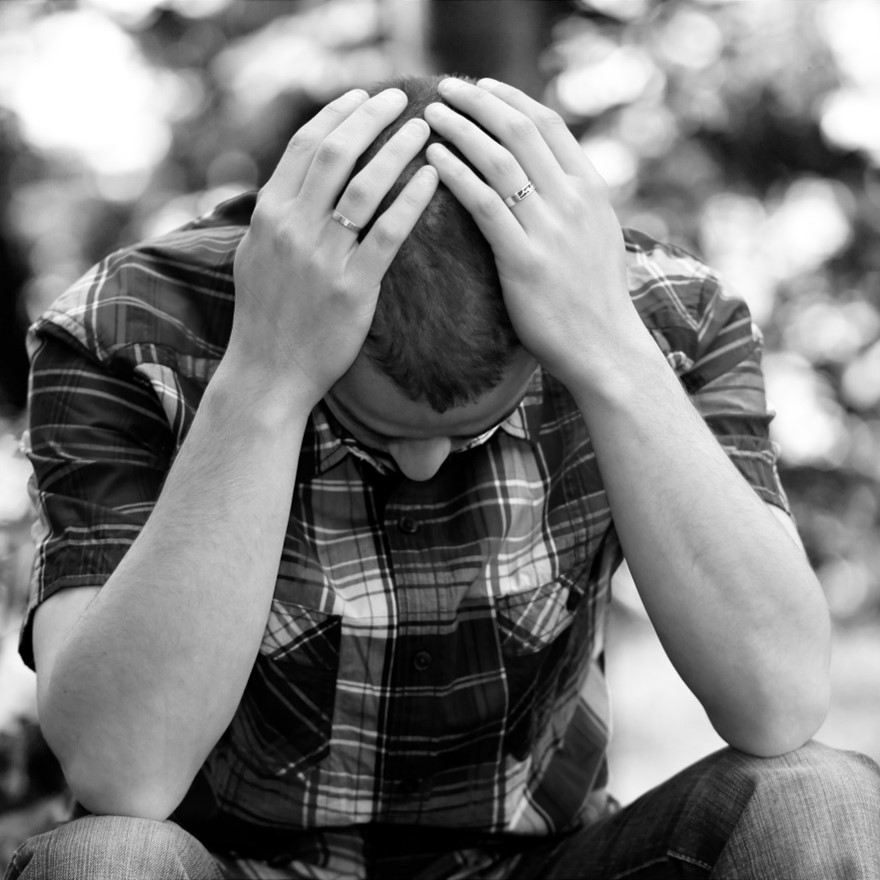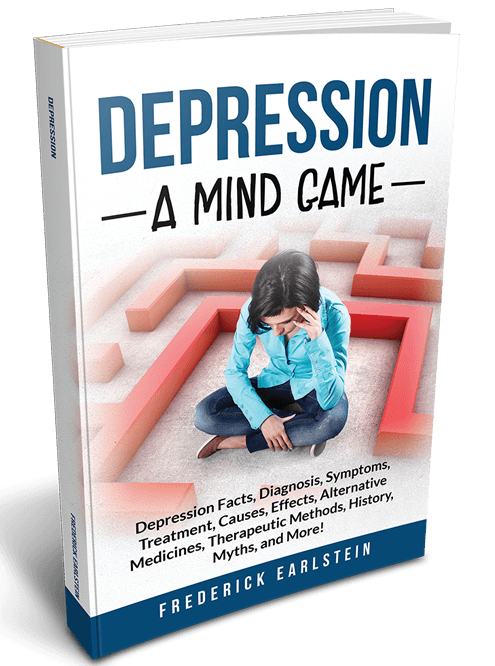CHAPTERS
Navigate to chapter
► Chapter One: Depression and You
► Chapter Two: Different Forms of Depression
► Chapter Three: Causes, Diagnosis, Impacts and Treatments
► Chapter Four: Managing Depression
► Chapter Five: Holistic Treatments and Therapeutic Modalities
► Chapter Six: How to Help a Depress Person
► Chapter Seven: The Future of Depression
► Bonus Chapter
Chapter One: Depression and You

Depression is a medical condition. It is not just somebody simply feeling sad or down, it is a mental illness in which a person undergoes through a mood that is usually downcast. People who are depressed have lower energy, they are not able to think positively, they don’t feel motivated about anything they do even if they enjoyed doing such things before, they don’t sleep well and some have problems with their appetite.
This kind of state can happen for many days, weeks, and months which mean that it can be quite sustained especially if the person is not seeking any professional help. Ultimately, a depressed person is not thinking rationally or in ways that they have been thinking before, they’re not upbeat, they also feel as if they cannot get up or move around as they usually would (you can probably call it extreme laziness), and sometimes they also entertain thoughts of killing themselves or essentially committing suicide.
Depression has been ignored for so long and in some instances, it’s not actually regarded as an illness! Even in today’s modern world, people who get depress choose to not care about it or not get proper medical treatment because of the social stigma or shame of being diagnosed with a mental disorder. Sometimes depress people also have fears of being put on a medication because it could possibly alter their minds or way of thinking – which is precisely why you needed to go see the doctor in the first place because your mind really needs to be altered and repaired!
When people don’t go for treatment even for those who are only experiencing subtle signs, what happens is that more people are developing long – term depression which can ultimately lead to other illnesses like cardiovascular complications – which then develops into having lower immune systems, and they will be more predisposed of other major kinds of conditions, accidents and whatnot.
According to many mental physicians and psychiatrists, depression is certainly the most prevalent mental condition that they mostly encounter and treat. The sad news is that according to the World Health Organization’s predictions, depression by the year 2020 will be the leading cause of disability of people not being able to work, and people not being able to be functional in society. And in the long run, this could cost the society as a whole, because of the level of treatment that will be needed. It may also affect the overall quality of performance or production from the labor force.
If a person is not thinking the way he/she ordinarily would, or are thinking so many negative thoughts that it is beginning to crowd out the person’s ability to have anything positive come through, that’s a major sign of depression. Of course, this kind of symptom is only known by the person itself, it won’t be noticeable by other people unless the patient is sharing it to his/her friends. Another major indicators that can be notice by other people is that if a person cannot be cheered up, or if he/she suddenly loss appetite, become lazy to the point that he/she can’t even get up on the bed or have a sense of hopelessness, these symptoms are often insidious because it doesn’t come up all at once, it all starts slowly until it gets in the person’s head.
Once depressed people acquire and prolong these conditions, they will eventually wear down mentally, and they’re ability to cope with the everyday ordinary stresses is lessened or diminished and so they may not be functional as they use to be in their social life, and at work. If you or your loved one is showing signs of prolonged sadness or low – energy state or even subtle changes in the mood or behavior, you should seek medical help or just even tell a close friend or loved one about it.
Usually medical professionals conduct a general interview with the patient, their families, their friends or close loved one so that they can know the person’s family or genetic history (if in case, depression runs in the family), as well as the patient’s medical history (if they had taken any illegal drugs, had any previous problems that can be related to depression, or if there was an incident in their life that triggered their brain to experience depression). After which, doctors will conduct a mental status exam where they seat and ask targeted questions that are designed to help the evaluator – either the psychiatrist or therapist etc. – to see how the brain is working so that they can get the sense of what the patient’s mood is like, how the patient responds to certain questions, and generally how the brain works during this depressive state. Once the doctors finish conducting the personal history of the patient, the mental status exam, and have done some discussions with their loved ones they can then diagnose what type of depression the patient has as well as determine how mild or severe the condition is.
This way it will let your good side of the brain know that you are not in this battle alone, that people can and will help you so that you can overcome this illness.
In this section, you will learn the most common myths surrounding depression so that it can provide some enlightenment for you and help you manage your condition more or that of your loved one.
Myth #1: Mood swings particularly for teens or adolescents are normal and are part of growing up
Continue Reading…
Want to read the entire thing?

